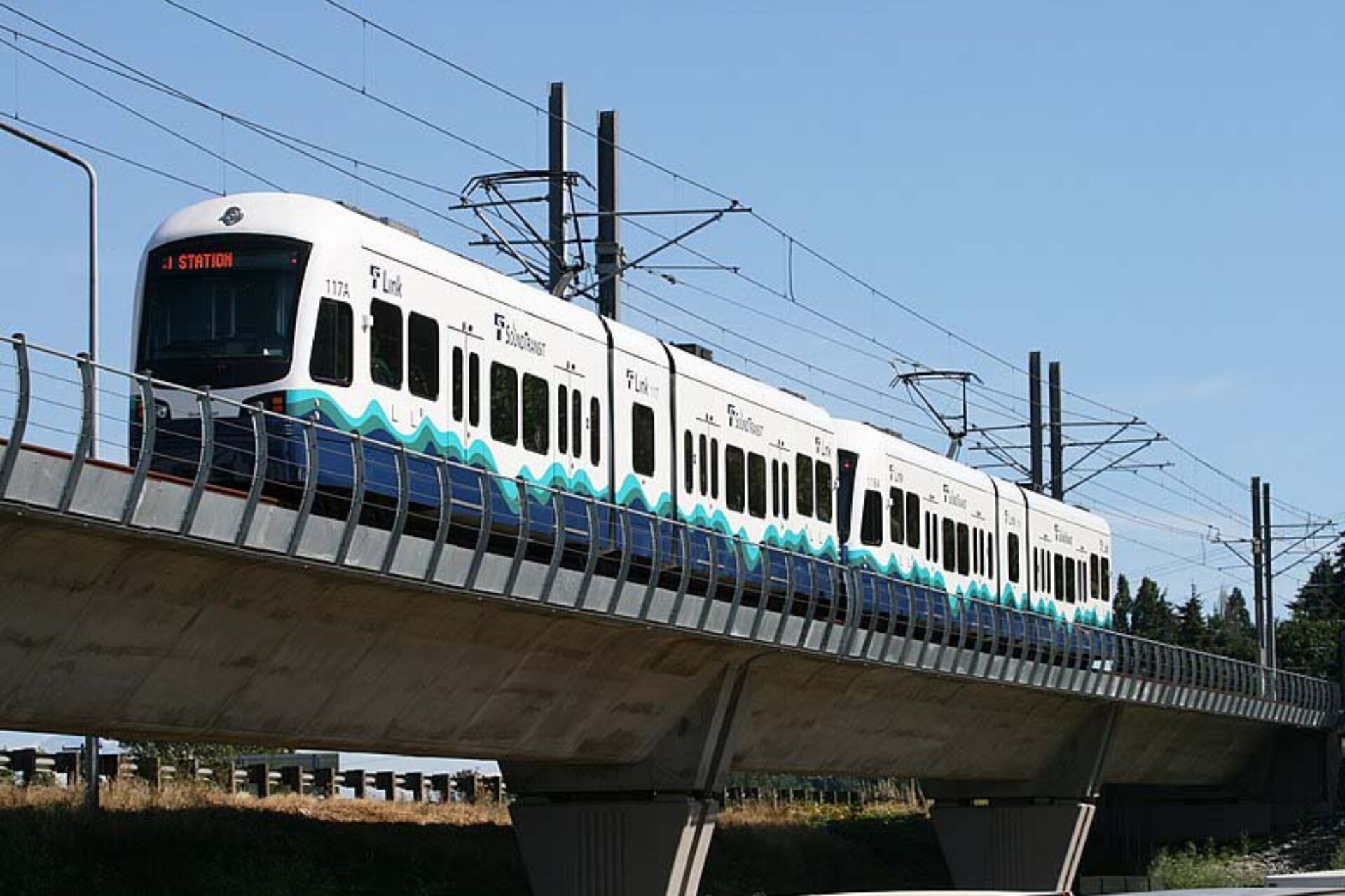
Location Seattle, WA
Client Regional Transit Authority, Central Puget Sound (Sound Transit)
Services Construction Management, Project Management
Project Value $225 million
Sound Transit’s E360 Segment, the terminal segment of the East Link Light Rail extension, is a 1.8-mile line stretching from East Bellevue to the main Microsoft campus in Redmond. The alignment includes aerial guideway, at-grade and retained cut sections and features two new platform stations, one pedestrian bridge, and a 300-vehicle parking garage. The estimated civil construction cost of the project is approximately $225 million.
Hill is providing Design-Build Project Management (DBPM) for the E360 Segment. Hill’s services include support during design-build procurement, including reviewing and modifying RFP; technical review of design for conformance to agency standards; review and as-needed assessment of Alternative Technical Concepts submitted by shortlisted design-build firms; facilitation and coordination of the extensive stakeholder design and compliance review process; resident engineering; contractor schedule review; change order management; cost estimating; inspection; safety oversight; document management; commissioning; and close-out services.
Stakeholder interface is one of the key challenges associated with the E360 project. Most of the alignment is contained within the right of way of SR 520, a WSDOT limited access highway. Additionally, the Cities of Redmond and Bellevue, along with Microsoft, are significant partners with Sound Transit, and require active and continuous coordination and collaboration efforts from the Hill DBPM team. To date, Hill’s stakeholder management approach has kept all parties informed and aware of the project status and helped to control expectations and concerns.
In addition, the project required a proactive approach to installing stormwater treatment systems and BMPs. Hill worked with the design-builder to get the stormwater/dewatering water/process water treatment systems installed and operational; and to have plans prepared, reviewed, and approved. Systems were in-place just in time for the beginning of the rainy season in October. In addition, ST must be promptly notified of spills, discharges, or other non-compliance events, even if small. To address this need, Hill uses an Action Items Log to track all required and suggested corrective actions that arise from daily or weekly site inspections. Information is shared with the entire team (Ecology, Sound Transit, DB and DBPM) via the project SharePoint site; assigned high/medium/low priority; date of resolution is tracked; and lessons learned easily shared during weekly team meetings.
Another team success involved permitting. The actual permitting process was different than the process described in the RFP. Even with the Expedited Permitting Agreement, the City of Redmond’s normal permitting process for developers was largely kept in-place. To address this issue, Hill worked with Sound Transit and the City to help streamline permitting for future design-build deliveries.